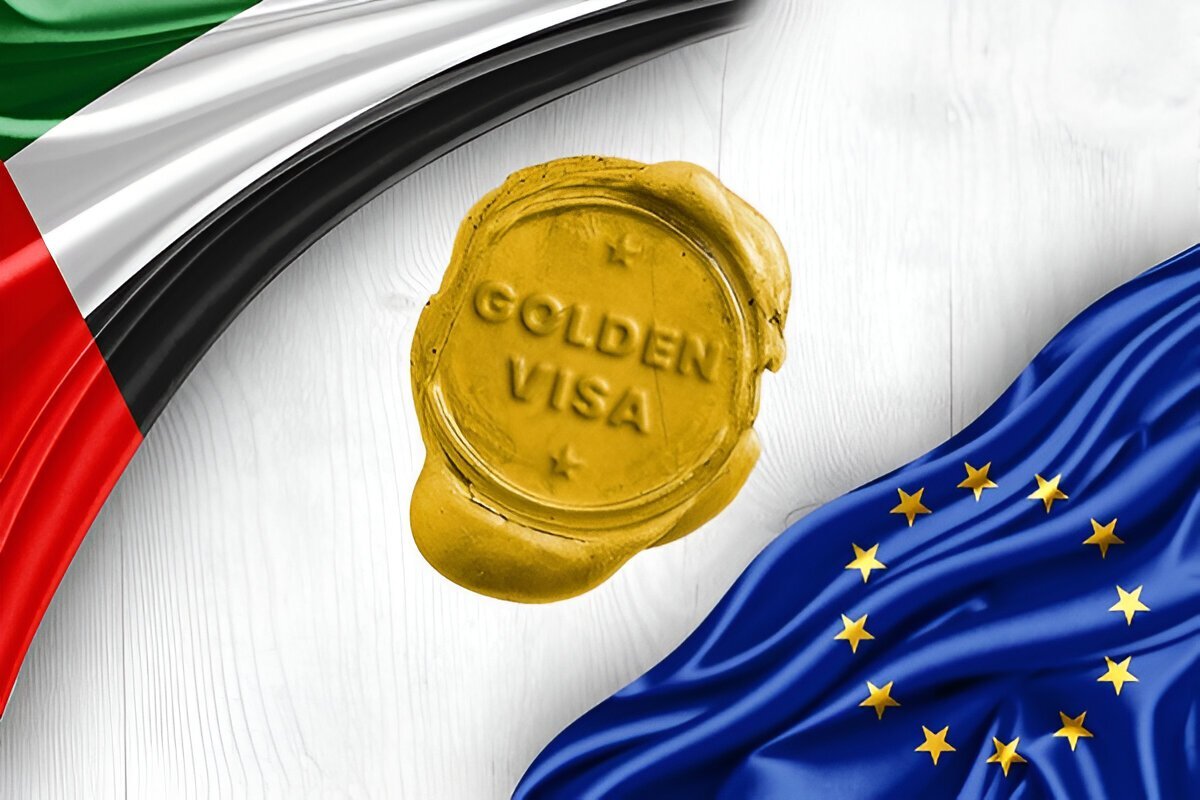Mainland vs Free Zone – Which is Right for Your Business?

What’s at stake when choosing between mainland and free zone?
When setting up a business in the UAE, one decision carries weight beyond paperwork, mainland vs free zone. Entrepreneurs, investors, and corporates alike face this critical fork early in their journey. It’s not just about location, it’s about access, ownership, scope, and control. The right choice aligns with your business model, growth plans, and compliance requirements.
At Precision Partners, our team has helped thousands navigate this pivotal choice. In this article, we guide you through it, with clarity, care, and the confidence only deep expertise can offer.
Understanding the Legal Framework in the UAE
What is a Mainland Company? A mainland company setup in UAE allows you to operate across the UAE market without restriction. Licensed by the Department of Economic Development (DED) in each emirate, it permits full access to local and international markets (now the DET in Dubai).
“For businesses that need flexibility in scale, staffing, or government contracts, mainland offers unrivalled reach.” – Gary Thompson, Precision Partners
What is a Free Zone Company? A freezone business setup in Dubai or other emirates means you are incorporated within a designated economic zone governed by its own authority. It typically offers 100% foreign ownership, tax incentives, and fast-track licensing, but limits your business to operating within the free zone or internationally (unless a local distributor is engaged). Generally free zones have less commercial space options, less flexibility and fall behind mainland companies, however, this is a price worth paying for most businesses if you benefit from 0% corporate tax in certain circumstances.
Mainland vs Free Zone: Key Differences Explained
Factor
Mainland Company
Free Zone Company
Ownership
100% foreign ownership (with UAE national sponsor/partner for a very limited number of activities)
100% foreign ownership
Operational Scope
Across UAE and globally
Inside free zone and globally
Regulator
DED (Department of Economic Development) (DET, Department of Economy and Tourism in Dubai)
Specific Free Zone Authority
Office Requirements
Physical office generally required
Flexi-desk or virtual office permitted
Visa Eligibility
No cap on visas, based on office space
Limited number of visas
Tax Benefits
Corporate tax applies, exemptions in very limited number of cases
Corporate tax exemptions (varies by activity)
Cost
Moderate to high
Cost-effective options available
Important Note: The difference between mainland and freezone in Dubai often comes down to flexibility vs. control. One isn’t better, it depends on your business needs.
Common Questions We Hear From Clients
Which is better: Mainland or free zone?
If you plan to serve UAE’s local market or bid for government contracts, mainland is better. If you're export-oriented, need full ownership, and want cost control, free zone is more strategic.
Is there a difference between mainland vs free zone UAE for startups?
Yes. Startups often choose free zones for their affordability and ease of setup. However, those eyeing future expansion into the local market may start with mainland despite higher upfront costs.
Can I upgrade from the free zone to the mainland later?
Technically, you can establish a new mainland entity or open a branch. However, free zone vs mainland company setup involves separate licensing and regulatory processes. Planning early helps avoid duplication of efforts and costs.If you opt to move from free zone to mainland later, you need to cancel all visas and re-issue, settle end of service, apply again for Corporate Tax, apply again for VAT, open a new bank account, its a real headache.
Key Considerations for HNWIs and Corporates
- Ownership control: Do you require absolute control and IP rights?
- Local market access: Will your revenues depend on domestic clients or contracts?
- Compliance risk: Do you need multi-year regulatory predictability?
- Workforce size: Do you expect to scale staffing rapidly?
"We advise on mainland vs free zone company in UAE based on your risk appetite, business model, and long-term growth, not trends or short-term incentives." – Gary Thompson, Precision Partners
What Most Entrepreneurs Get Wrong
- Focusing only on cost without considering long-term business strategy.
- Not aligning legal structure with visa and ownership goals.
- Assuming all free zones are the same. Each has unique rules, costs, and scope.
- Delaying legal and tax planning, especially under the UAE’s evolving corporate tax law.
Why Choose Precision Partners?
For high-net-worth individuals, family offices, and global founders, a business setup isn’t just a checklist, it’s a gateway to lasting success.
Precision Partners offers:
- White-glove service from initial consultation to final licensing.
- Risk-mitigated structuring in both mainland and free zone.
- Tailored guidance on UAE Golden Visa for entrepreneurs.
- End-to-end support with PRO, visa, tax, and banking compliance.
“Precision Partners helped us expand our operations from DIFC to mainland Dubai without disrupting our business. Office space costs in DIFC were eye watering. Their bespoke advisory saved us time, risk, and cost.” – Confidential Client, UAE-based VC
Final Thoughts: Choose Structure with Strategy
Mainland vs free zone business setup isn’t a choice between good and bad. It’s a choice between different pathways, each suited to specific ambitions, capital structures, and regulatory needs.
Whether you're a first-time founder or managing a regional expansion, Precision Partners helps you make that decision not just correctly, but confidently.
Need expert help structuring your business for growth and compliance in the UAE? Schedule a confidential consultation with Precision Partners today.









.png)




















